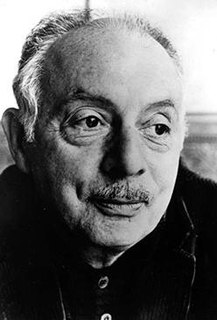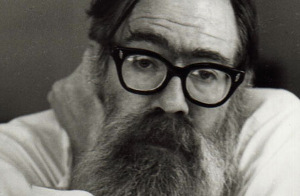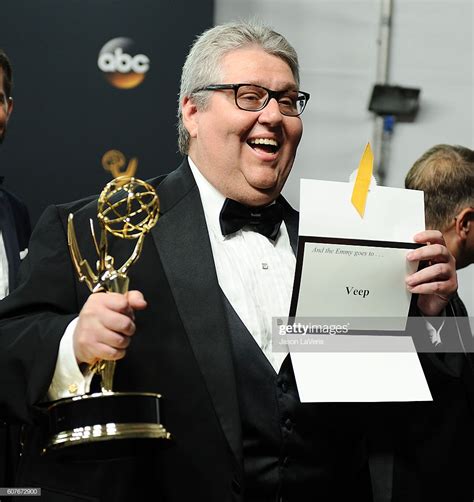A Quote by Stanley Kunitz
The poem in the head is always perfect. Resistance begins when you try to convert it into language.
Related Quotes
Language designers want to design the perfect language. They want to be able to say, 'My language is perfect. It can do everything.' But it's just plain impossible to design a perfect language, because there are two ways to look at a language. One way is by looking at what can be done with that language. The other is by looking at how we feel using that language-how we feel while programming.
Missionarying was a better thing in those days than it is in ours. All you had to do was to cure the head savage´s sick daughter by a miracle- a miracle like the miracle of Lourdes in our day, for instance- and immediately that head savage was your convert, and filled to the eyes with a new convert´s enthusiasm. You could sit down and make yourself easy now. He would take the ax and convert the rest of the nation himself.
One of the things I love about translation is it obliterates the self. When I'm trying to figure out what Tu Fu has to say, I have to kind of impersonate Tu Fu. I have to take on, if you will, his voice and his skin in English, and I have to try to get as deeply into the poem as possible. I'm not trying to make an equivalent poem in English, which can't be done because our language can't accommodate the kind of metaphors within metaphors the Chinese written language can, and often does, contain.




































